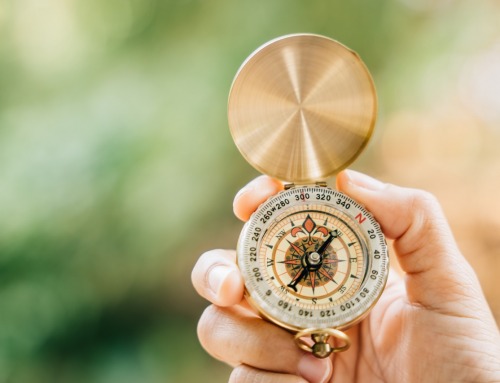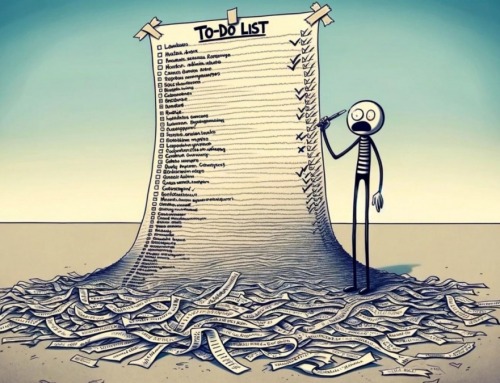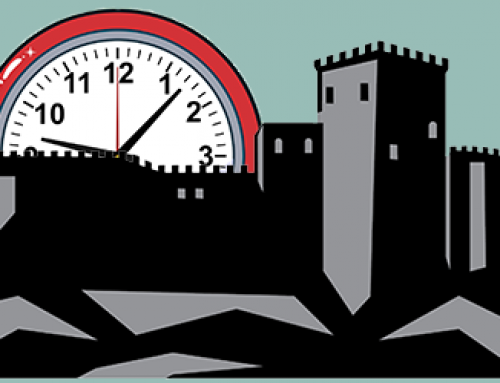Are you an organized person? We hope so. Of course, there are numerous degrees of organization. If you’re familiar with martial arts, you know that most disciplines will have different degrees or colors of belts based on the level of skill that a person’s demonstrated. You might start out as a white belt, move to a yellow, or red, and ultimately to a black belt.
How can you become a black belt when it comes to mastering the art of organization? Here’s some things that organized people do and that’ll help you start to move up the ranks from a novice to an expert.
Write things down
Have you ever had a meeting with a co-worker or with a team, and you discussed tasks and action items, but you didn’t make note of them? Chances are, unless you have mental superpowers, you probably found it difficult to remember those tasks and action items, and there may have been delays or failures in completing the assigned work. Make sure to write down or otherwise make notes about assigned tasks, action items, and any other important ideas that come up in your meetings or conversations. Developing good habits in taking notes and logging information is the first step in getting more organized.
Maintain a task list
Once you cultivate a better habit of documenting your tasks and action items, you should maintain a complete list of daily tasks that you need to complete. In addition to these scheduled tasks, you can also add unscheduled tasks as they arise. By keeping a task list, you can develop a clear picture of all your commitments and see your current workload at a glance. This will quickly help you become more organized in how you plan and manage your daily activities, and it will help you remember the things you need to get done and complete those tasks successfully.
Increase your effectiveness with PlanPlus Online.
A productivity system for leaders.

Prioritize your tasks
As you develop a habit of noting your daily and long-term tasks and action items, prioritize them and put your full effort into those that are the most important. Assign each task a priority that is appropriate for its relative importance, and this will help you organize your time and activities so you can focus accordingly. For the sake of efficiency, don’t invest the same level of effort in secondary tasks that you do in top priority tasks. For tasks that are less important, don’t let perfect get in the way of good enough. Give secondary tasks an honest effort, but understand that different levels of priority justify different levels of energy and focus.
Maintain a calendar
To help you manage your time and all of your activities, it’s important to keep a calendar. Preferably, you want to have a single calendar that is the central tool for managing all of your daily and unscheduled tasks and appointments. Rather than trying to multi-task, which is often inefficient, a calendar helps you plan and organize your time so you can focus on individual tasks and so your prioritized action items get the attention they deserve. You can also use your calendar to plan ahead, in anticipation of tasks or appointments, to ensure that you spend sufficient time preparing for them.
Keep it all centralized
Once you begin to regularly take notes, create task lists, and keep your calendar, you need a single, centralized place to manage it all. If you use a paper-based system, this could be a daily planner, or, if you work virtually with a computer and/or mobile device, your central repository may be a software program, like PlanPlus Online. Whatever system you use, it is vitally important that your organizational tools and information are immediately accessible and that you can take them with you wherever you go. This will ensure that, whether you are in a meeting, in your workspace, or even at home or at the beach, you can be organized in everything that you do.






